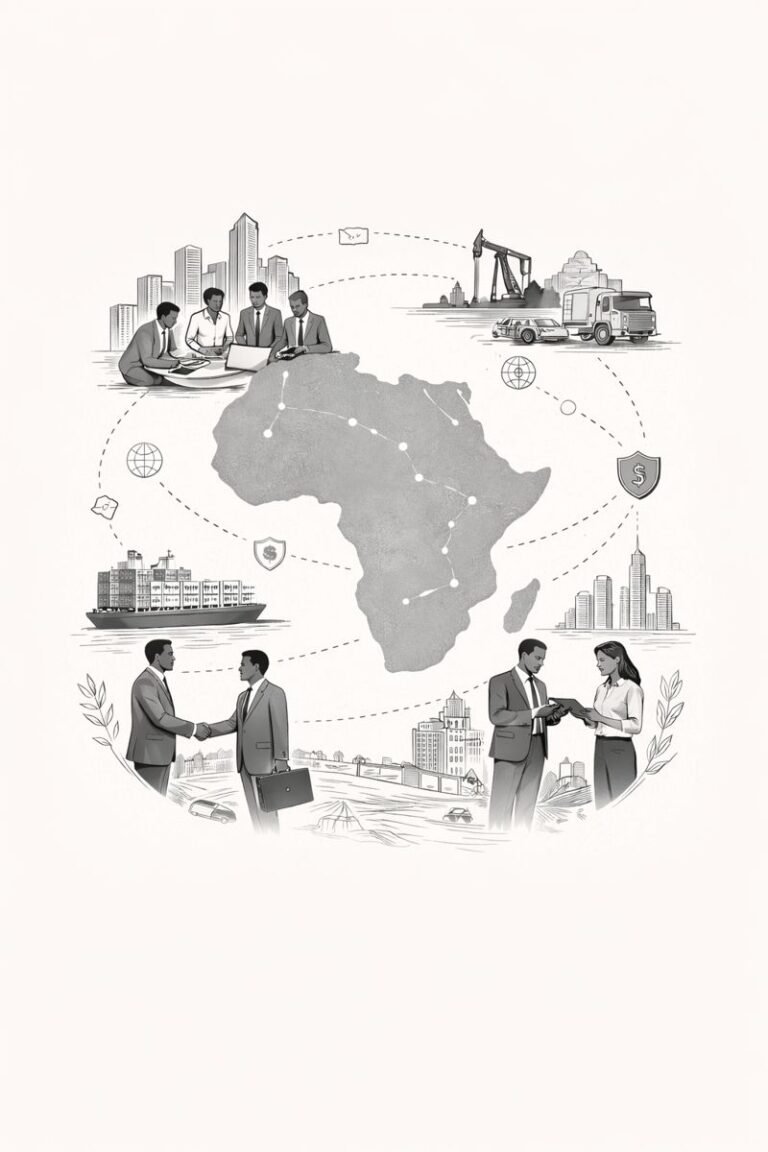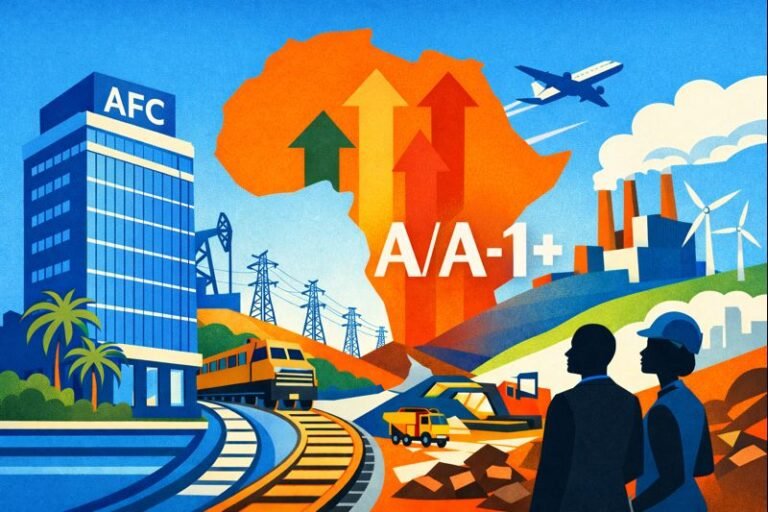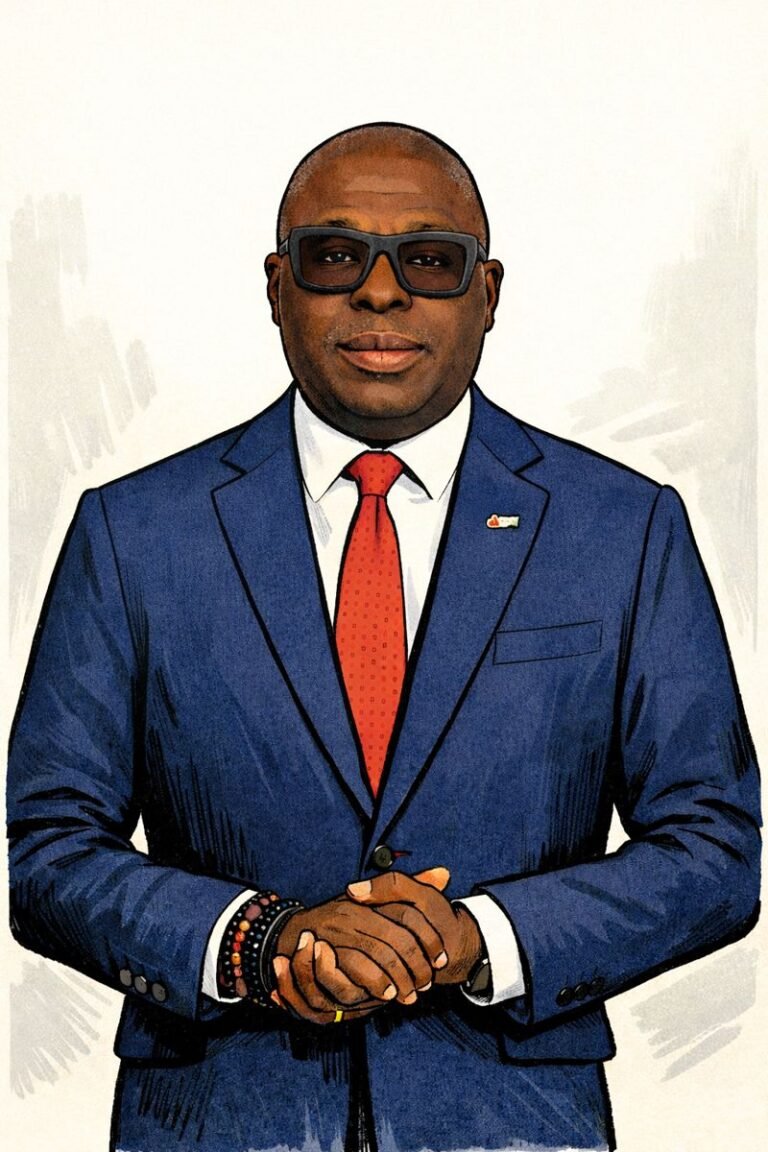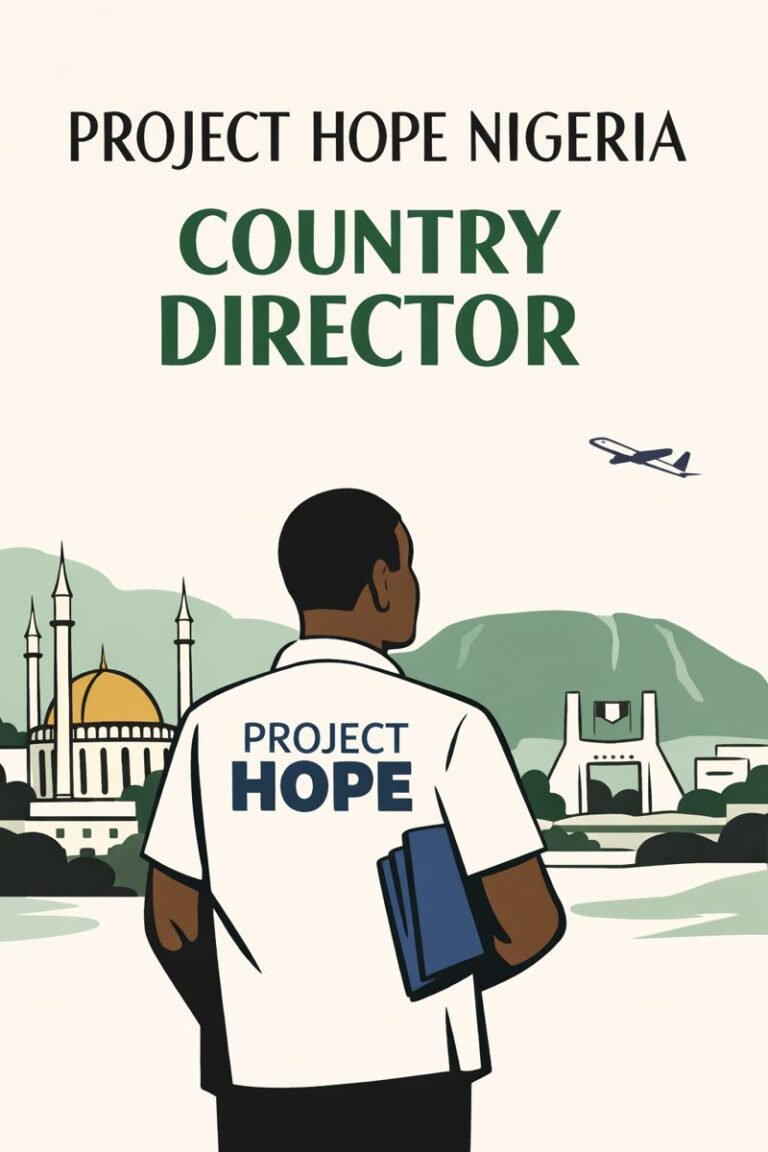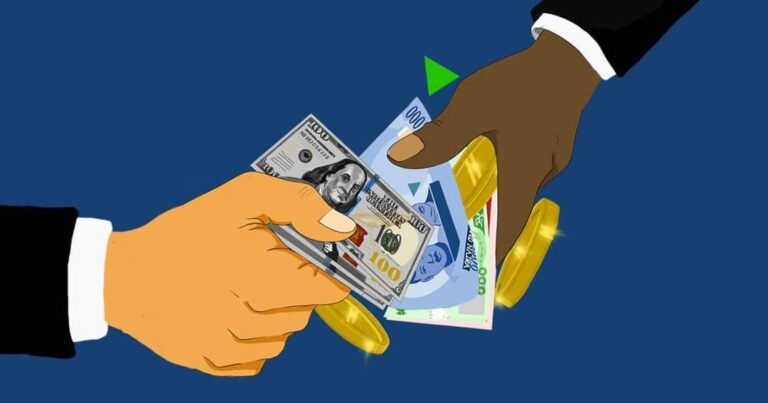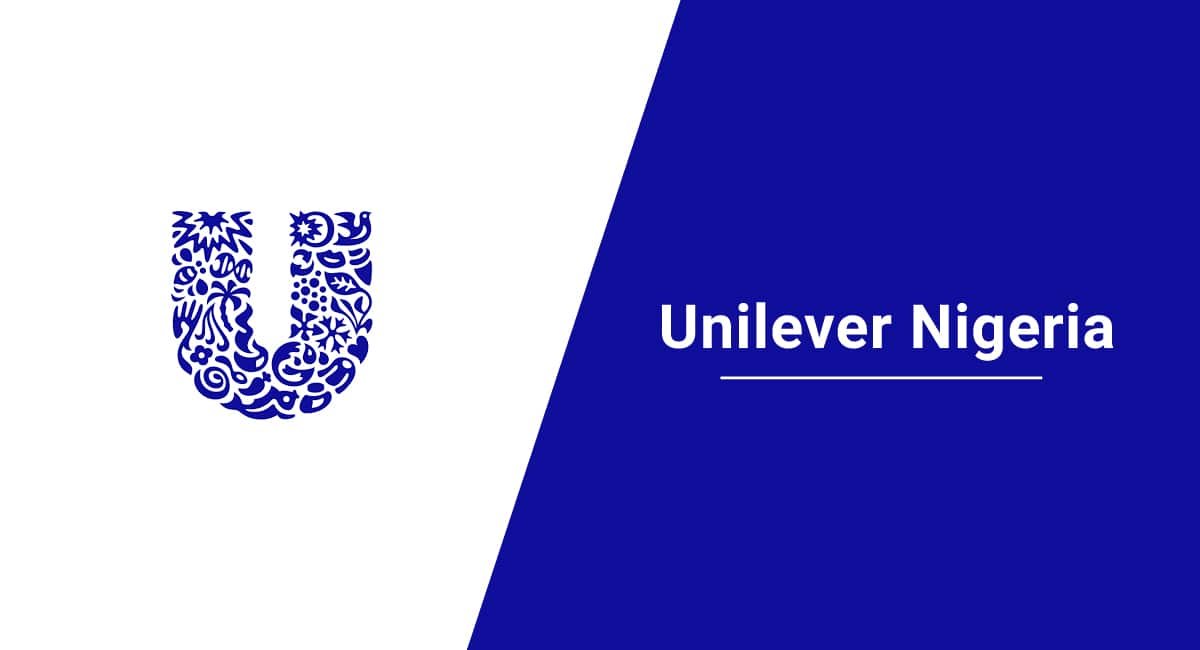Nigeria’s coordinating minister for the Economy, Mr. Wale Edun has stated that Nigeria would continually seek concessional loans from the International Development Association (IDA) to develop the country.
In an interview, the minister while speaking on IDA’s 21st-year replenishment stated “This replenishment is critical, we are talking about a bigger, better bank and more concessionary financing for developing countries.
“Since inception, about $ 320 billion has been provided (by IDA), more than what has been paid in terms of capital.
“This is more than IBRD, the World Bank’s major lending program itself. However, we do wish this to be a record-breaking IDA year.”
Importance of IDA Financing For Nigeria
On the importance of IDA financing for Nigeria, he said “The IDA financing is what gives us that extra affordability.
“It is concessional, it is for a long term, and it is for a long – term and it is for a relatively low interest rate.
“Most of our programs with the World Bank are IDA financed and it is a function of the level of poverty we are facing and fighting as a country.”
Nigeria IDA Debt
Unsurprisingly, Nigeria was recently listed as the third-largest debtor to the World Bank’s International Development Association, with its exposure climbing to $17.1bn as of September 30, 2024.
According to the World Bank’s latest financial statements for the fiscal year up to September 2024, Nigeria’s debt to the IDA rose by $600m in three months from $16.5bn recorded in June 2024.
The country received an additional $2.2bn in loans from the IDA between July 2023 and June 2024 culminating in the country’s rise to the top three IDA borrowers in June 2024, moving up from its previous fourth position in 2023.
Nigeria has so far maintained the third-largest debtor position, after receiving a total of $2.8bn from the World Bank’s IDA during Bola Tinubu’s administration.
However, although Nigeria’s debt remains significant, it is still within the SBL threshold, which the World Bank considers non-restrictive at present.











